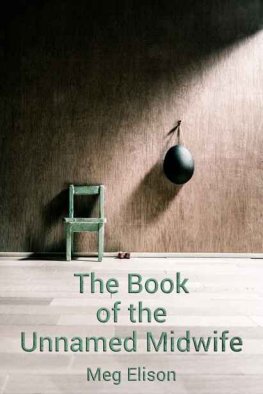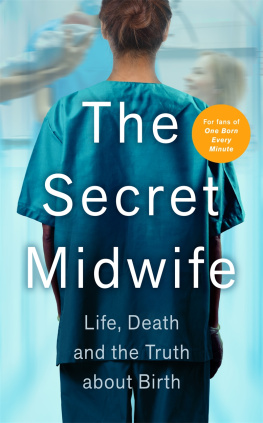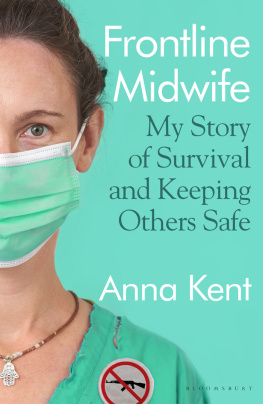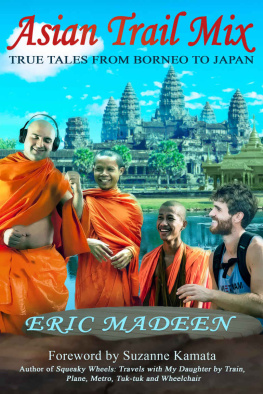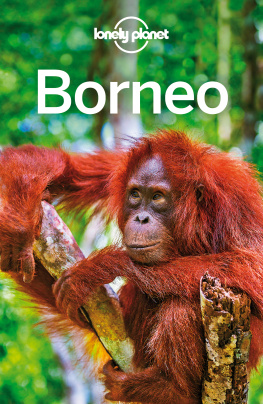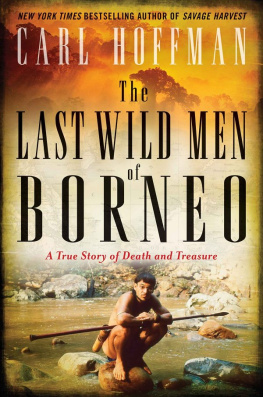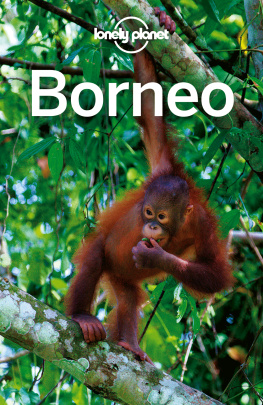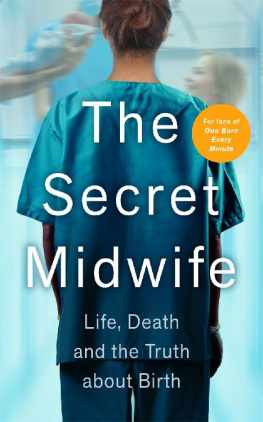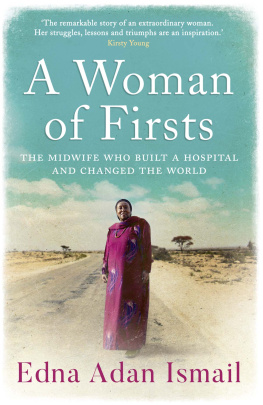
Wendy Grey Rogerson was born in Newcastle and brought up in Northumberland. She trained as a nurse at Charing Cross Hospital, London, and returned to Newcastle where she worked as a midwife, district nurse and health visitor before going to Borneo. She and her husband, an Anglican priest, have two daughters. Over the years Wendy has been an active member of the Mothers Union, for which her many roles include Durham diocesan president and volunteering in Durhams mens and womens prisons where she gave individual bereavement care. She was the womens task group leader for the North-East region for Billy Grahams 1984 Mission England. She has been a member of the Newcastle and Durham diocesan USPG committee and a volunteer for the Samaritans, and is a Lady Freeman of Newcastle upon Tyne. She lives in Durham.
Barbara Fox was born in Newcastle and grew up in the city and in Ashington, Northumberland. She is the author of the books Bedpans & Bobby Socks (2011), Is the Vicar In, Pet? (2014) and When the War Is Over (2016), is co-author, with shepherdess Emma Gray, of One Girl and Her Dogs (2012) and editor of the wartime diaries, Eves War (2017). All of these are published by Little, Brown. She is married and has two sons. She lives in Crawley, West Sussex.
Wendy as a staff nurse at Charing Cross Hospital, London, 1951

First published in Great Britain in 2018
Society for Promoting Christian Knowledge
36 Causton Street
London SW1P 4ST
www.spck.org.uk
Copyright Wendy Grey Rogerson and Barbara Fox 2018
All rights reserved. No part of this book may be reproduced or transmitted in any form or by any means, electronic or mechanical, including photocopying, recording, or by any information storage and retrieval system, without permission in writing from the publisher.
SPCK does not necessarily endorse the individual views contained in its publications.
The extract from the Authorized Version of the Bible (The King James Bible), the rights in which are vested in the Crown, is reproduced by permission of the Crowns Patentee, Cambridge University Press.
The Scripture quotation taken from The Holy Bible, New International Version (Anglicized edition) is copyright 1979, 1984, 2011 by Biblica. Used by permission of Hodder & Stoughton Ltd, an Hachette UK company. All rights reserved. NIV is a registered trademark of Biblica. UK trademark number 1448790.
British Library Cataloguing-in-Publication Data
A catalogue record for this book is available from the British Library
ISBN 9780281080304
eBook ISBN 9780281080311
Typeset by Geethik
First printed in Great Britain by Jellyfish Print Solutions
Subsequently digitally printed in Great Britain
eBook by Geethik
Produced on paper from sustainable forests
Contents
Photographs
Historical background
Borneo, the third largest island in the world, lies on the equator in south-east Asia, roughly midway in a line between the southern coast of China and the north coast of Australia.
From the late 1800s until just after the Second World War, the state of North Borneo along with Sarawak and Brunei was a British protectorate, its main attraction lying in the timber resources in its vast rainforest interior. During the war, it was invaded by the Japanese and most of its towns were heavily bombed, Sandakan being so badly damaged that it lost its status as the capital of North Borneo, the administration shifting to Jesselton (today renamed Kota Kinabalu).
When Wendy arrived in 1959, North Borneo and Sarawak had become British colonies, each headed by a governor. The land was divided into residencies and sub-divided into districts, which were run by district officers. These colonial administrators all crop up throughout Wendys tale.
North Borneo at the time of Wendys mission
In the year following Wendys 1962 departure, North Borneo (now named Sabah) and Sarawak became part of the new independent country of Malaysia, its other eleven states lying to the west on the Malay peninsula. Between them, Sabah and Sarawak cover about a quarter of the land area of Borneo; the rest of the island is shared with a constituent part of Indonesia and the tiny but oil- and gas-rich sovereign state of Brunei, which takes up about 1 per cent of the island.
The Dusun people to whom Wendy ministered in the interior are today known as Kadazan-Dusun, owing to similarities between the two ethnic groups, and form the largest ethnic group in Sabah.
The currency used at the time of Wendys stay was the Malaya and British North Borneo dollar. One British pound was the equivalent of 8.57 dollars (60 Malaya dollars to seven British pounds).
The word jungle, which was in common use when Wendy was in Borneo, is held by some today to be pejorative. Although the word rainforest is more commonly used today, it does not accurately describe the low-lying, thick vegetation that made navigation through it so difficult on Wendys expeditions, and so the word jungle is used in the text, as Wendy used it in her diaries.
Main characters
Some names have been changed.
Barbara Beaumont | Teacher at St Monicas School, Sandakan |
Father Briggs | Anglican priest, Sandakan and Jesselton |
John Brummell | Australian principal of St Michaels Secondary School, Sandakan |
John Burder | Forestry officer |
Father Burn | Rector of All Saints Church, Jesselton |
Dr Cameron | Doctor, Sandakan |
Dr Christiansen | Doctor, Sandakan and Jesselton |
Sister Christina | Leader of convent CJGS, Sandakan |
Dr Clapham | Doctor, Jesselton |
Nigel Cornwall | Bishop of Borneo (194962) |
Dalila | Medicine woman, Tongud |
David | Pupil, Tongud |
Jean Durrant | Australian teacher at St Monicas School, Sandakan |
Ederiss | Former pupil, now assistant teacher, Tongud |
David Fielding | District Officer (colonial government post), Tambunan |
Sister Florence | Principal of St Monicas School, Sandakan |
Dr Fozdar | Surgeon, Jesselton and Sandakan |
Dr Galea | Doctor, Sandakan |
Gay | American Peace Corps volunteer |


